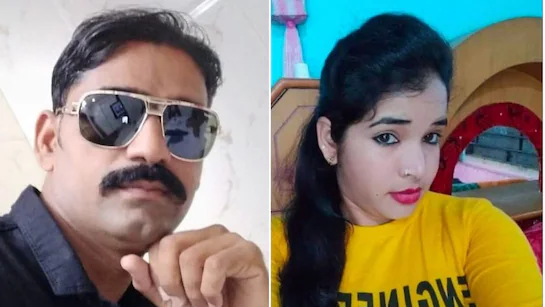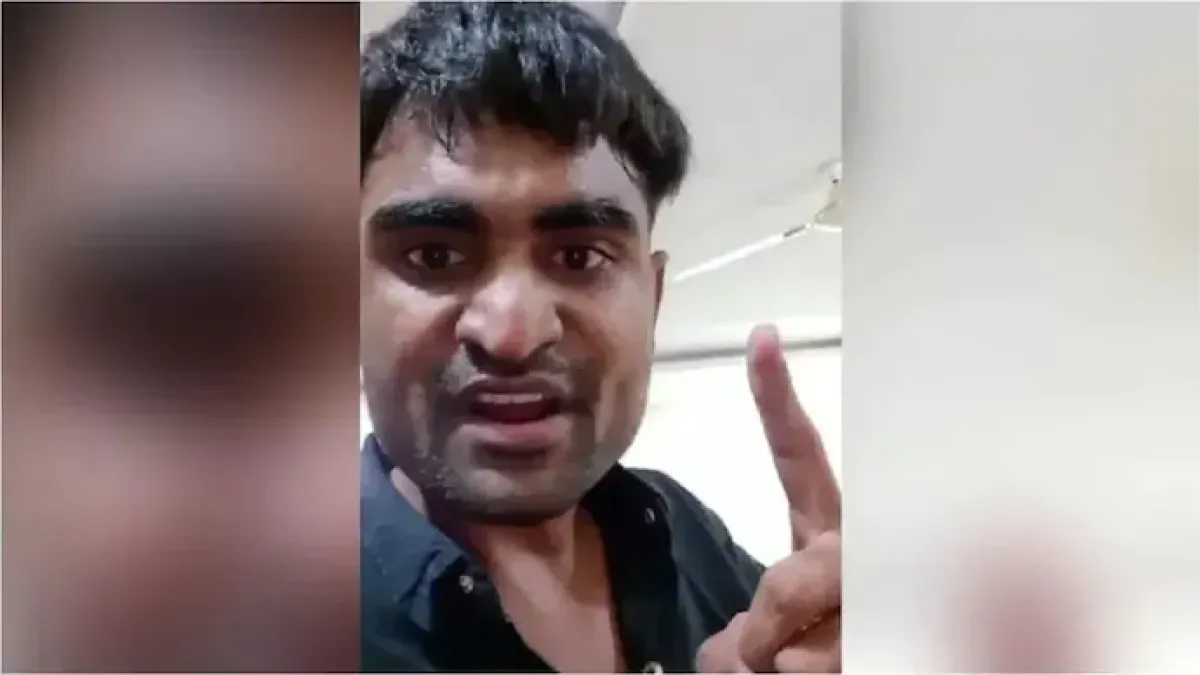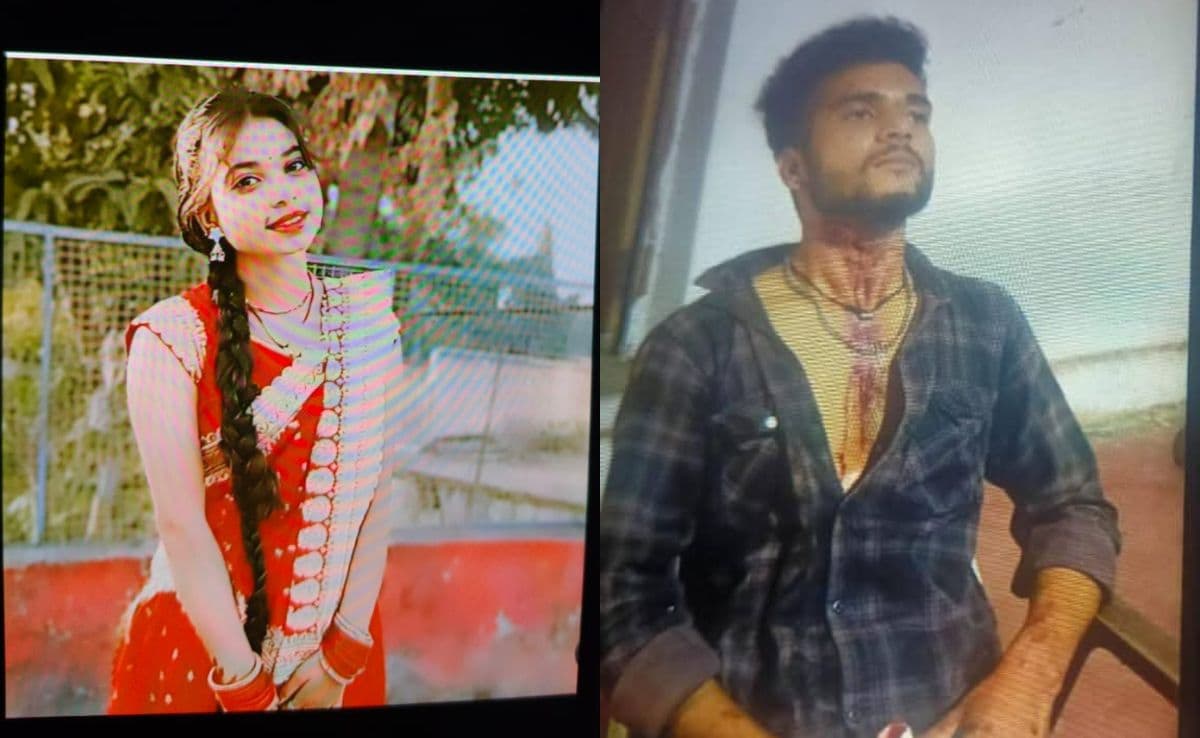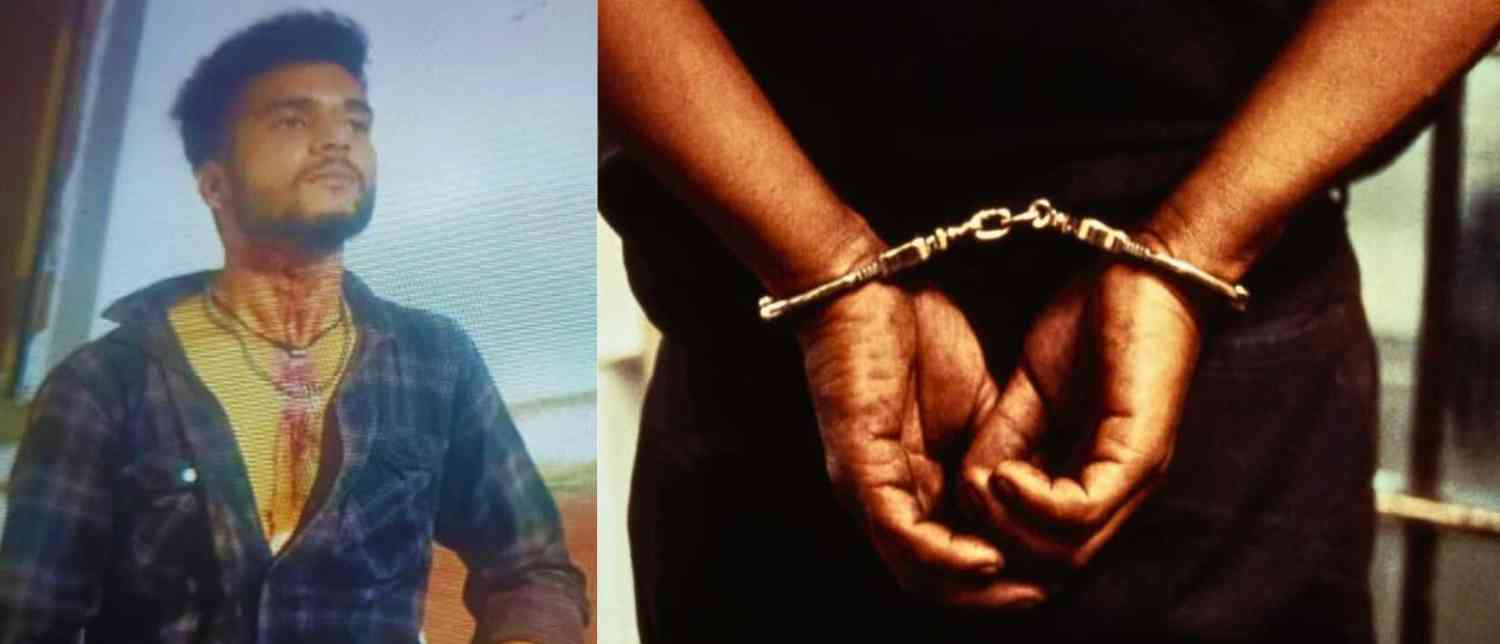In a tragic and shocking incident in Madhya Pradesh, a 35-year-old woman named Bhagyashree Namdev Dhanuk was brutally murdered in her home after she refused to convert to Islam and marry the accused man, Sheikh Raees, aged 42. According to police reports, Raees forcefully entered Bhagyashree's house in Navara, Burhanpur district, and slit her throat while stabbing her multiple times, resulting in her instant death. The accused was arrested shortly after the incident and charged under murder and atrocity-related sections of law.

Bhagyashree's sister, Subhadra Bai, revealed that Raees had been pressuring Bhagyashree for marriage and religious conversion for a long time, including physical harassment and threats. Despite repeated refusals, the accused continued to harass her, culminating in this fatal attack. Bhagyashree had even filed a complaint against Raees just a few days before her murder, but reportedly, the accused was released, raising questions about police response and protection measures.
The crime has sparked outrage and protests among local communities, with several Hindu organizations alleging that this murder represents a case of "love jihad"—a controversial term used by some groups to describe perceived forced religious conversions linked to marriage. Protesters have demanded the death penalty for the accused and accused authorities of negligence in preventing the crime.

This incident is part of a disturbing pattern of violence faced by women who resist forced conversion or marriage proposals in the region. Another case in Madhya Pradesh involved an MBA student who was attacked by a man after she refused to speak to him, highlighting ongoing societal challenges of harassment and violence toward women asserting their choices.
From a broader perspective, the incident raises critical issues around women's autonomy, religious freedom, and the need for effective legal protection. It shows the dangers of extremism and coercion in personal and religious matters, with tragic consequences when these conflicts are not addressed promptly. Experts and activists often stress the importance of empowering women through education, legal recourse, and social support to combat such abuses.
Authorities have taken steps to investigate and act against illegal activities associated with the accused. The administration seized the accused’s properties as part of the crackdown following the murder case.

While the case has drawn attention to brutal violence linked to forced religious conversion and marriage proposals, it also highlights the urgent need for societal and legal reforms to ensure the safety and dignity of individuals, especially women, who refuse to succumb to coercion.
This tragic case is a somber reminder of the risks faced by women asserting their right to choose their faith and life partners. It calls for vigilant law enforcement, community awareness, and strong safeguards against such acts of violence. At the same time, public discourse must remain neutral and respectful of all communities to prevent escalation of communal tensions.
Overall, the Madhya Pradesh murder underlines the critical intersection of personal freedom, religious identity, and gender rights, and the necessity for balanced, fair, and effective governance to protect vulnerable individuals in society.
With inputs from agencies
Image Source: Multiple agencies
© Copyright 2025. All Rights Reserved. Powered by Vygr Media.






















